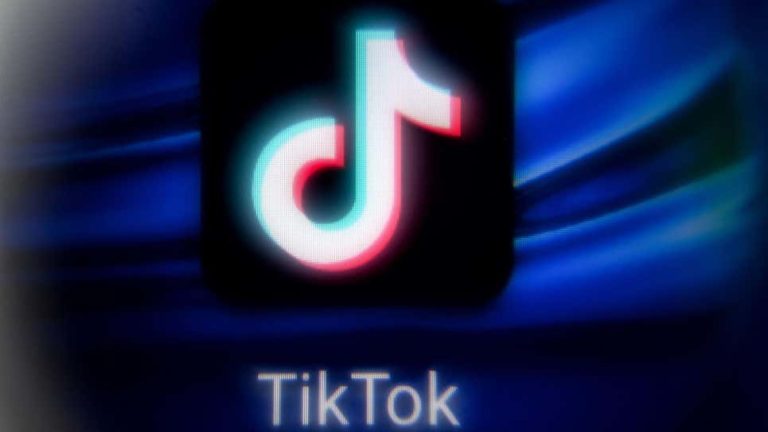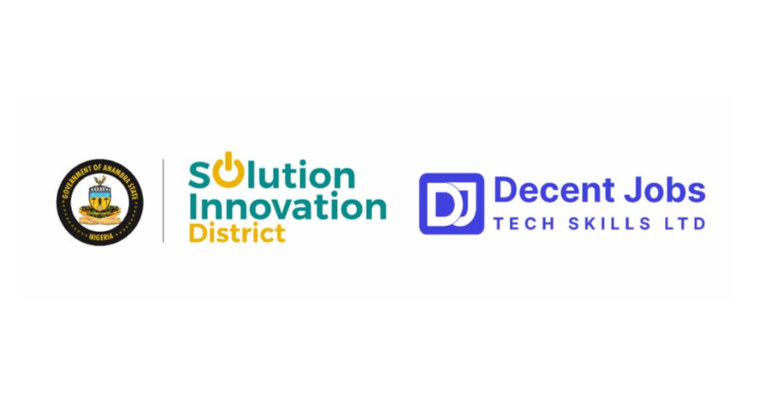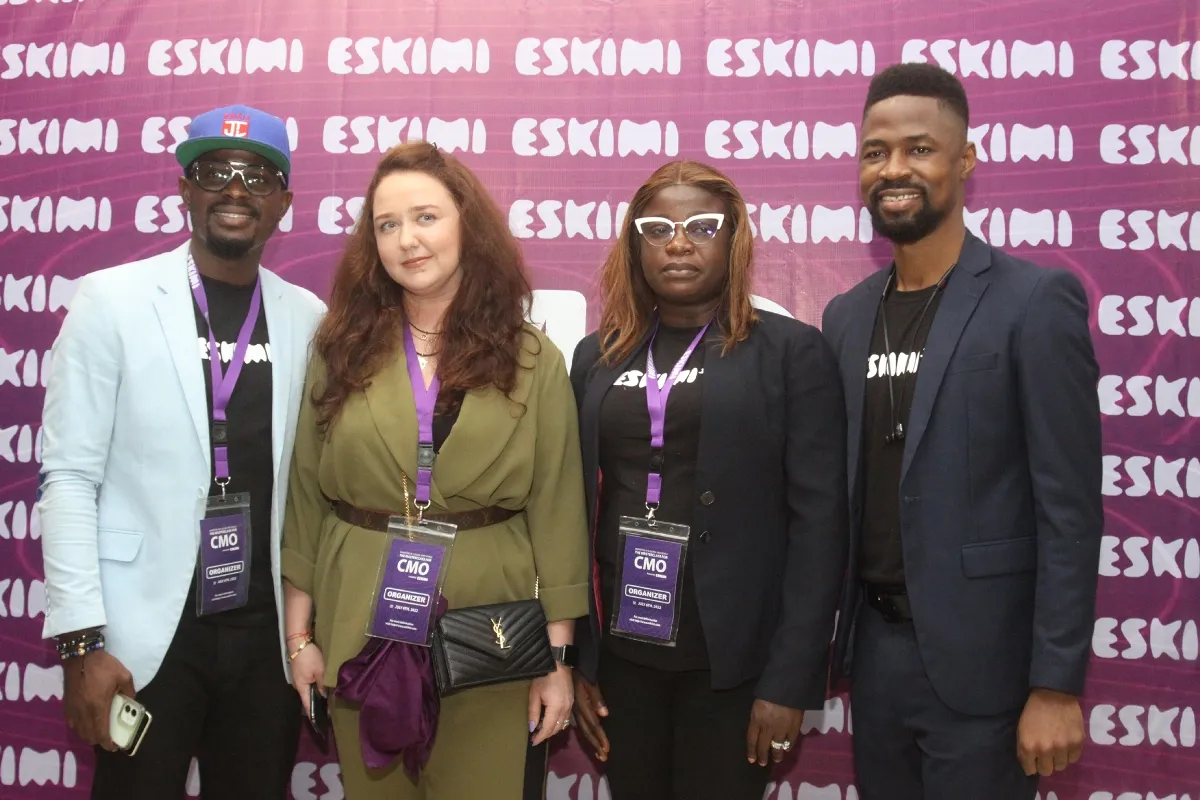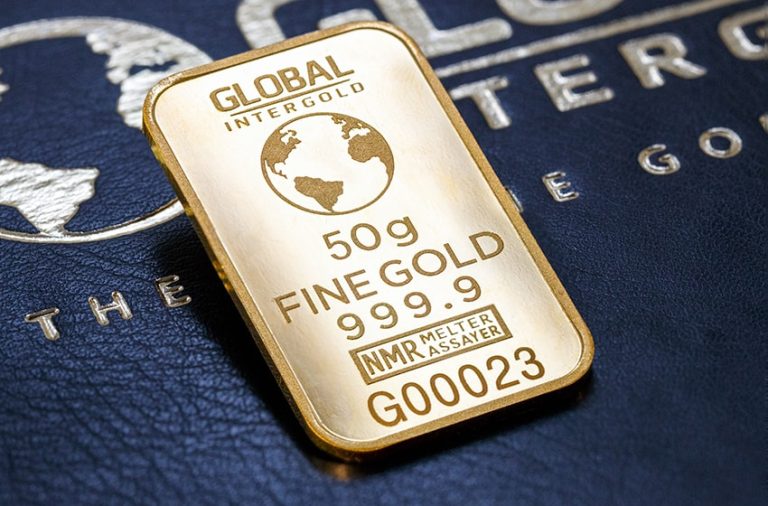Google’s internet cable, Equiano arrives in Lagos
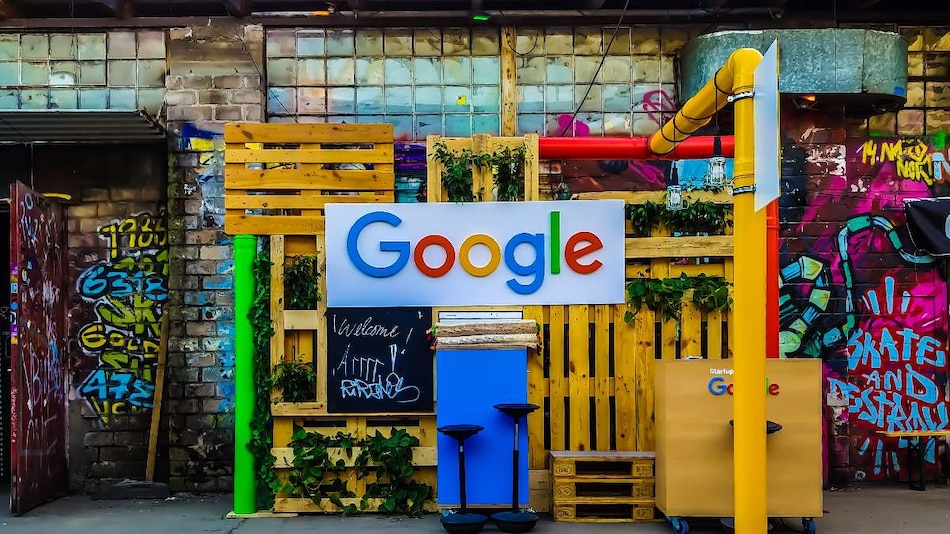
A month after its first African landing in Togo, Google’s Equiano mega subsea cable has arrived in Lagos, Nigeria.
The cable system’s second African landing will be in the Lekki Peninsula area of Lagos. The announcement was made in a tweet today, April 21, 2022, and comes just in time for the system’s highly anticipated commercial launch later this year.
We're thrilled to announce our Equiano submarine cable's second landing in Lagos, Nigeria. The cable has a specific resonance for Nigeria, as named It's after Olaudah Equiano, Nigerian-born writer and abolitionist. It's a homecoming! ?? https://t.co/NAVFR4fd9S#EquianoCableLagos pic.twitter.com/NEostN6Cnm
— Google in Africa (@googleafrica) April 21, 2022
Equiano, a subsea cable that began in Western Europe, now runs across the West African coast, connecting Portugal and South Africa. It intends to establish branch offices and expand connectivity to more African countries.
It has also recently raised US$200 million with the help of Google’s partner, the West Indian Ocean Cable Company (WIOCC), an investor in the Eastern African Submarine System (EASSy) submarine cable, to help build data centers and other ICT infrastructure in Africa.
Nigeria will expand its digital economy.
According to recent research conducted by Africa Practice and Genesis Analytics, the presence of Equiano in Nigeria will benefit economic growth and nearly sixfold increase internet speeds in the West African nation before the year 2025.
According to the analysis, retail internet prices will fall by 21% over the same time period. According to the study, the presence of Equiano is expected to increase Nigeria’s GDP by US$10.1 billion by 2025.
As the country with the largest economy in Sub-Saharan Africa, many Nigerians, millions to be exact, do not use the internet, and the number is increasing.
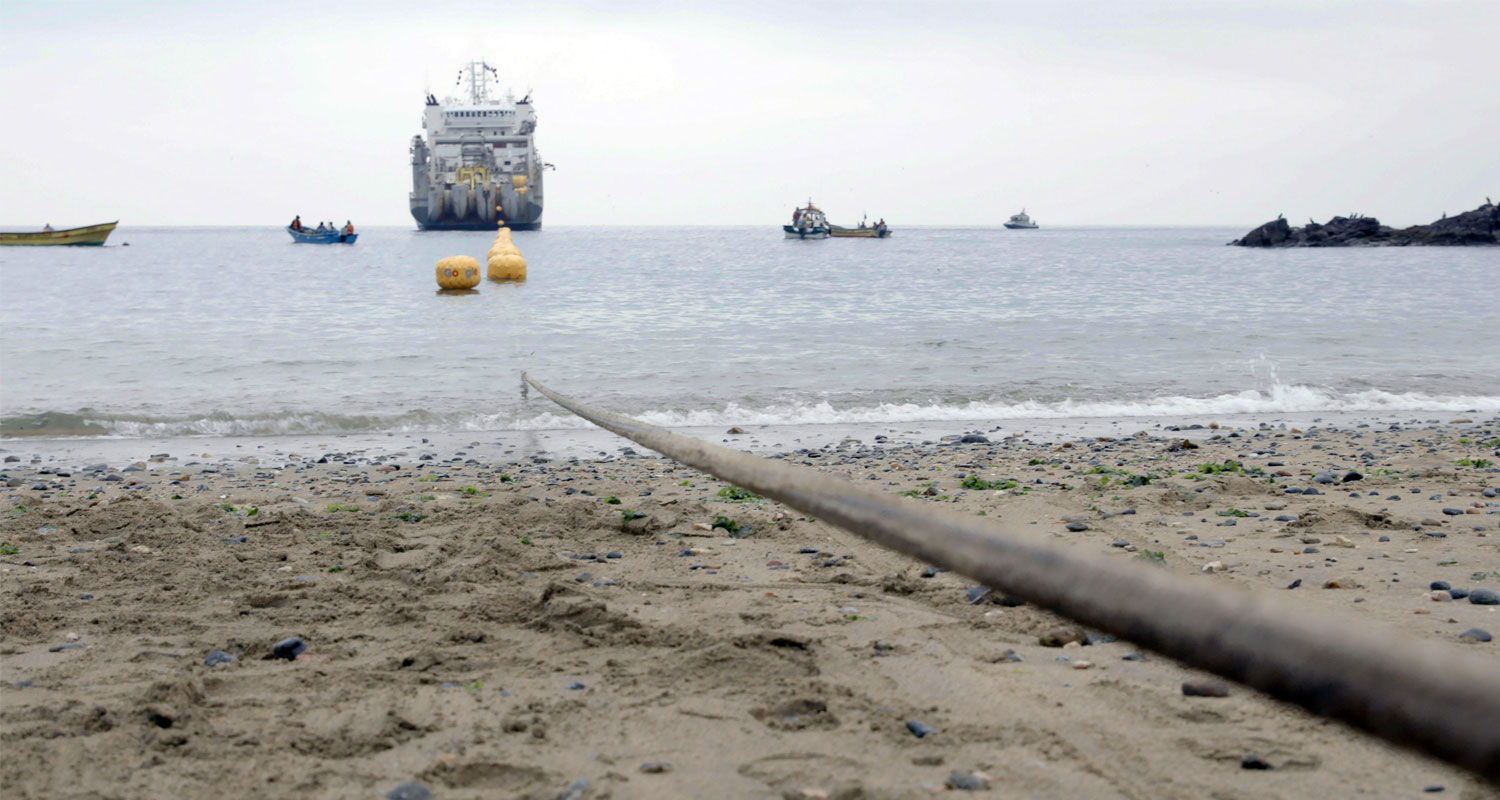
Many people lack affordable and high-quality access to contribute to and benefit from the global digital economy. However, the Nigerian government has shown some support for digital transformation programs and startups since 2017.
Despite this, studies indicate that faster internet connections, better user experiences, and lower internet costs will help accelerate these benefits.
In response to Equiano’s arrival in Nigeria, Juliet Ehimuan, Director, West Africa at Google, stated, “Google is committed to supporting Africa’s digital transformation, and we are excited to see the impact of Equiano’s arrival in Nigeria.” We’ve collaborated with long-standing partners and in-country experts to ensure that Equiano has the greatest possible impact in Nigeria and throughout Africa.
“Equiano is poised to make a long-term contribution to the development of Nigeria’s communications infrastructure, and today marks another significant step in that process.” We are excited to fulfill our commitment to be a part of Africa’s digital transformation.”
Increasing West African internet capacity
Google’s private subsea cables are frequently named after prominent people, and Equiano is no exception.
This landing feels more like a homecoming for Nigeria, named after Olaudah Equiano, a Nigerian abolitionist and writer who was a slave. Equiano is a substantial infrastructure based on space-division multiplexing (SDM) technology, with more network capacity than the previous cable built to serve this region.
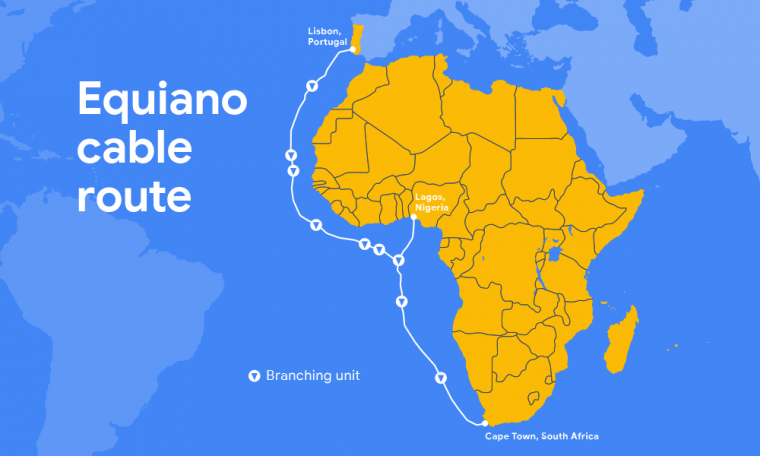
Google has remained committed to its digital transformation agenda, from data centers and cloud regions to subsea cables.
Google’s 14th investment in internet subsea cables is Equiano. Despite the fact that it began in 2016, and in various parts of the world, Equiano’s first landing in Africa came following a $1 billion investment to support Africa’s digital transformation.
Its primary goal in Africa is to provide internet access in Africa as well as a conduit between Europe and Africa.



